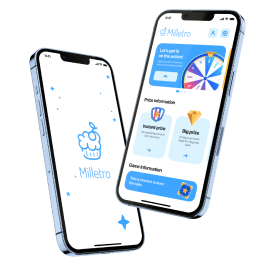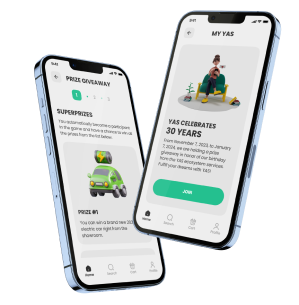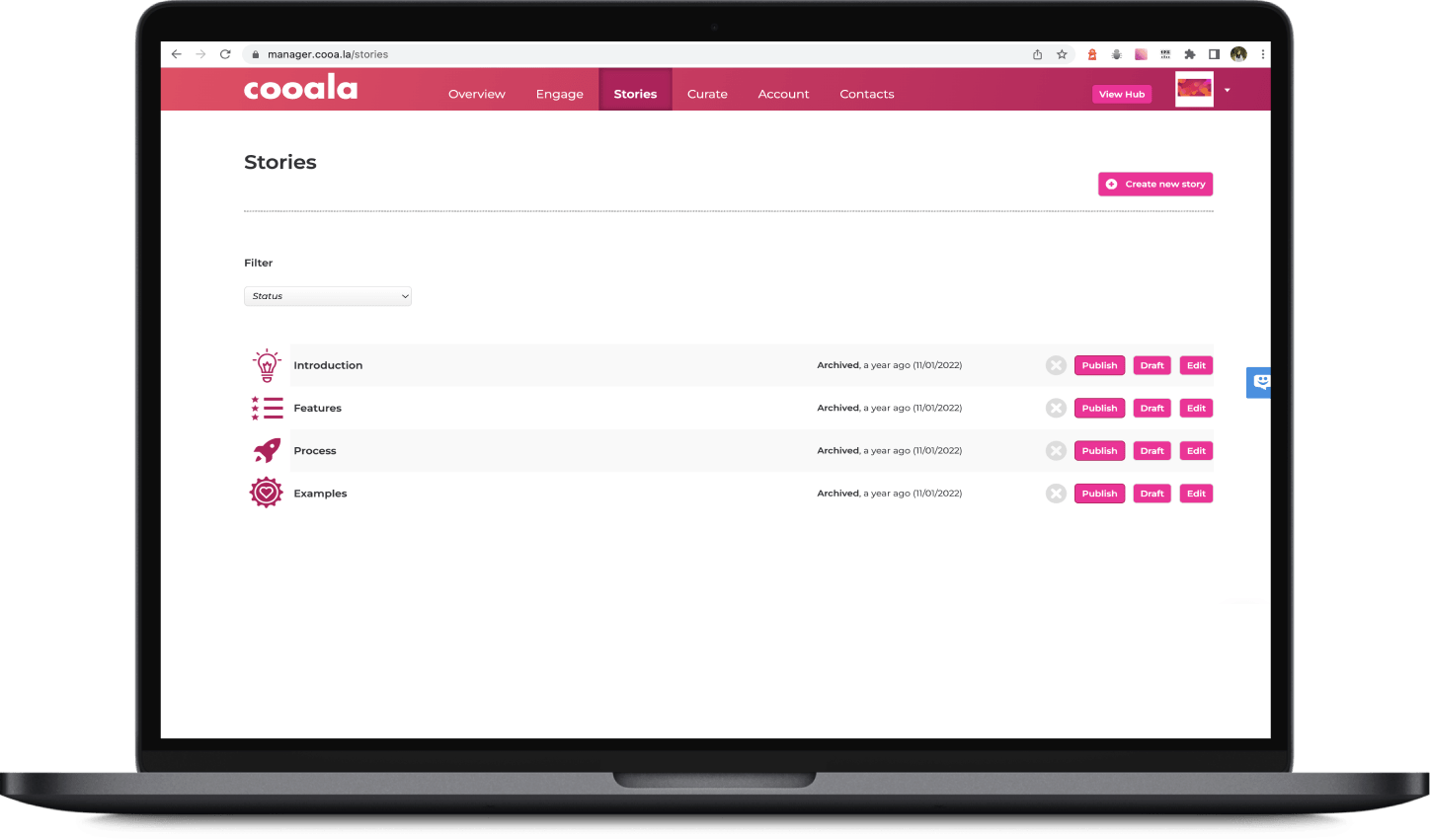Online Negotiation Training Platform with Video Streaming
With video streaming, coaching and gamification functionality - ratings, tournaments, prizes, different levels of practices.
Online negotiation training platform with video streaming, coaching and gamification functionality – ratings, tournaments, prizes, different levels of practices and opponents.
It helps develop users’ self-confidence and train different negotiation techniques while simulating real-life situations on the online training platform.
Engagement model
Time & Materials
Effort and Duration
Ongoing, since August 2019
Solution
Negotiation training platform
Project Team
2 Ruby on Rails engineers, 1 Front-end developer, 1 BA, 1 PM, 1 QA, 1 Designer
Tech stack / Platforms
Client’s Request
The client is a negotiation expert and trainer with an existing offline and online education business and a number of published books on negotiation techniques.
The main client’s idea was to join the digital transformation trend and develop a platform which would be a part of his training courses and would help his students train their negotiation skills and practices online on different cases through video streaming. The platform has some gamification features that would make the education process more engaging. The platform functionality allows recording the negotiation sessions to review it later with the trainer who’ll give a feedback on further improvements of negotiation skills.
The client contacted Itexus for the platform’s development because of the proven expertise in development of sophisticated online products, our holistic approach to software architecture and previous successfully completed projects developed for him.
Functionality Overview
The platform enables users to make online negotiation matches in order to improve their negotiation skills. The system includes elements of gamification and gambling, with ratings, tournaments, prizes, cases of different levels of complexity.
The platform allows its users to:
- Find a certain negotiation opponent from a certain country or available to hold a match at a certain hours of the week, as well as to choose a random opponent. Start the negotiation battle at once or schedule it at some date and time in the future;
- Choose a negotiation case with a certain level of complexity on a certain topic or even propose your own case;
- Have a dynamic rating/score that changes dynamically with each battle depending on the case complexity and opponents score;
- Record the battle and request feedback and recommendation from the negotiation trainer;
- For corporate clients, in case if they want to make training for their stuff, the platform provides an option to perform matches within one company.
Development Process
The project started with a discovery phase in which client’s business goals and his requirements were thoroughly analyzed and documented. As a result project documentation including the software requirements specification, clickable UI mockups and software architecture document describing the recommended technology stack, architecture and third party components meeting project’s performance, security and scalability requirements was provided to our client.
After the Discovery phase the development process was organized based on Agile and Scrum frameworks.
Key aspects of the development process:
- three-week sprints followed by demonstration of the developed features and feedback collection session;
- following types and tools of testing were used: functional testing (WebRTC Statistics and Wireshark), UI testing, cross-browser testing, security testing (SQL/XSS injections, data security testing (using Chrome DevTools and Postman), manual and automation testing (API Test Automation and Selenium WebDriver);
- the communication with clients was held via Slack and Skype. The code was stored in a Git repository .
Technical Solution Highlights
The system consists of a client web app, web-based admin panel and the backend server.
The application uses the Vonage Video API-powered video sessions on the web.
All applications that use the Vonage Video API are composed of two parts:
- The client side, which uses the OpenTok client SDKs and runs in a user’s browser or mobile app;
- The server side, which uses the OpenTok server SDKs and runs on your server to pass authentication information to the client.
The client SDK for building web-based applications that use the Vonage Video API is OpenTok.js. This JavaScript library provides most of the core functionality for your app, including:
- Connecting to a session
- Publishing streams to a session
- Subscribing to streams in a session
Following extra-high security requirements, the app uses in place role-based access controls, authentication, sessions, encryption, and other security measures.
The AWS infrastructure, chosen by our team for running the app in the cloud, provides additional monitoring and data protection tools.
Results & Future Plans
As the result of Itexus team work, we have delivered the online education system with video streaming feature which allows its users to hold matches online and get analysis of their battles. The platform is live now. The user base is growing. The client plans to create the iOS and Android mobile apps in addition to the existing web solution.
Related Projects
All ProjectsMobile App for Audio & Video Bridging Ecosystem
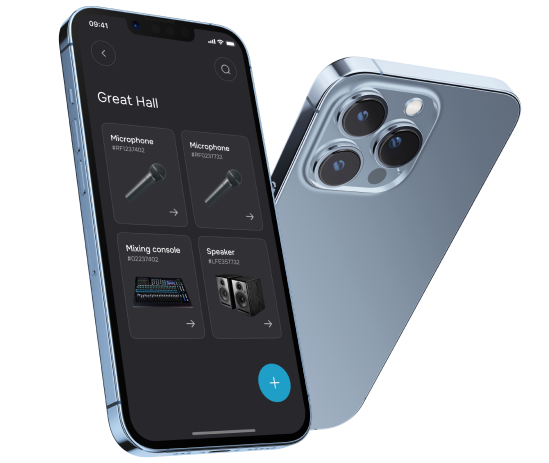
Mobile App for Audio & Video Bridging Ecosystem
- Video Streaming
iOS and Android mobile applications are developed to access and control multimedia systems in meeting rooms. These applications offer features such as scanning QR codes, remote device control, configuration management, network and calendar settings, and dialer functionality.
HR Platform for Candidates and Recruiters Matchmaking
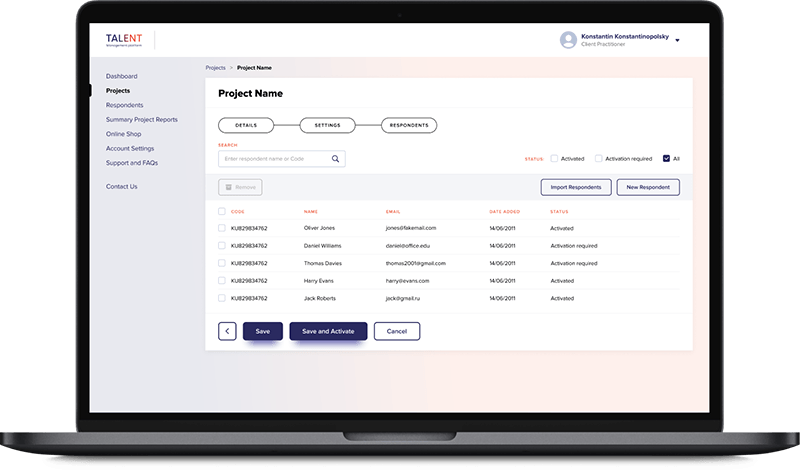
HR Management Platform for the Construction Industry
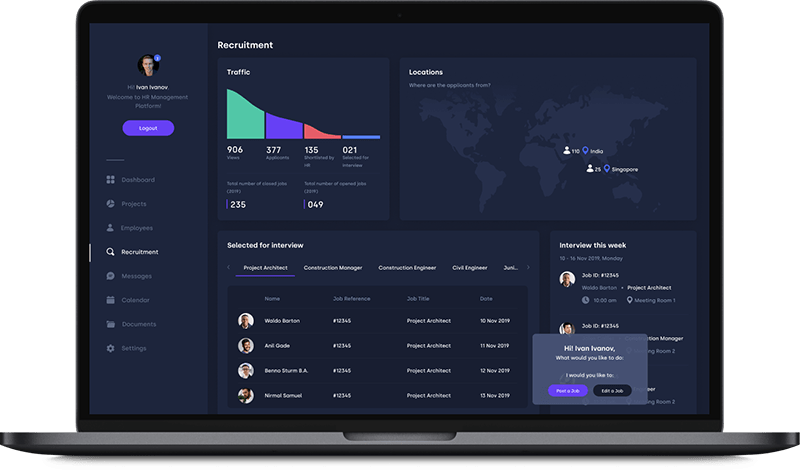
HR Management Platform for the Construction Industry
- Construction
A custom industry-specific HR platform covers full-cycle recruitment, onboarding, and report generation management. The solution is based on a complex user access control (UAC) and features a multi-layer system of user roles and user types. The platform automates the hiring process, reduces time-to-fill, and cuts down on total recruitment costs.
Customer Persona Tool
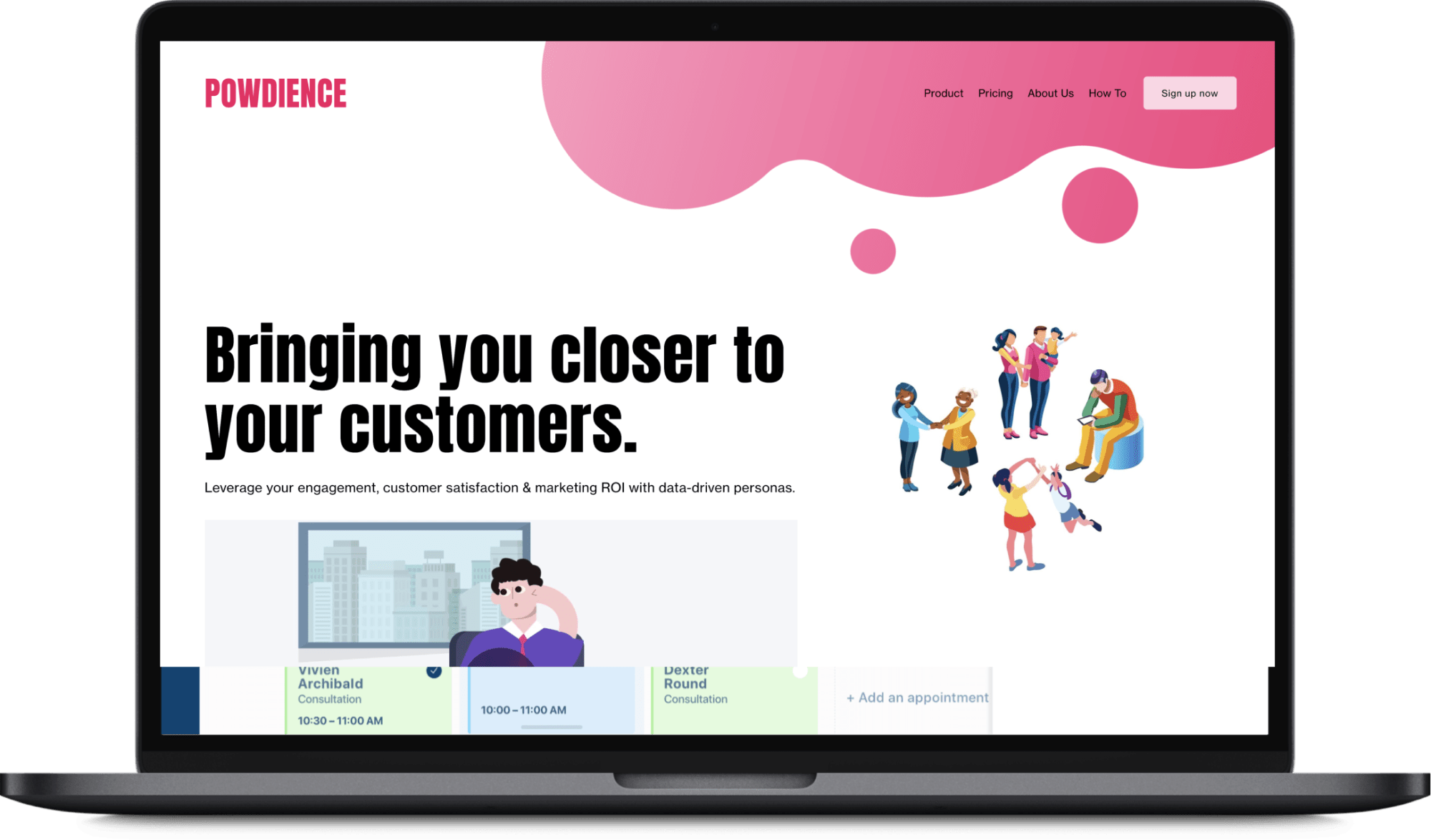
Customer Persona Tool
- E-commerce
A web application that allows the creation of insightful, authentic, and data-driven customer personas with the help of pre-made templates, calculation of the target audience based on real data from such resources as Google and Facebook, and sharing personas & collaborating on them with the team members.
Platform for Improved Event Organization and Management
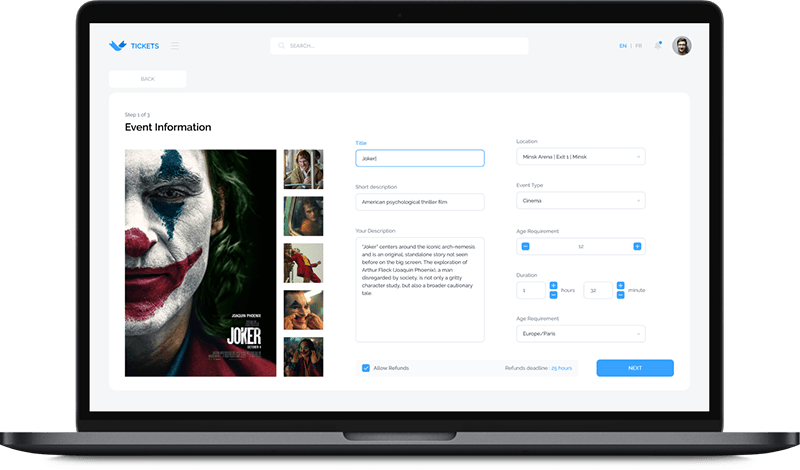
Platform for Improved Event Organization and Management
- E-commerce
The B2B Ticketing System is a unique innovative platform designed to solve the common problems of the French event ticketing market. It provides event organizers such as theatres, operas, cinemas and retailers with an opportunity to provide final consumers with sufficient quality of service for buying tickets online.
Contact Form
Drop us a line and we’ll get back to you shortly.
For Quick Inquiries
Offices
8, The Green, STE road, Dover, DE 19901
Żurawia 6/12/lok 766, 00-503 Warszawa, Poland
